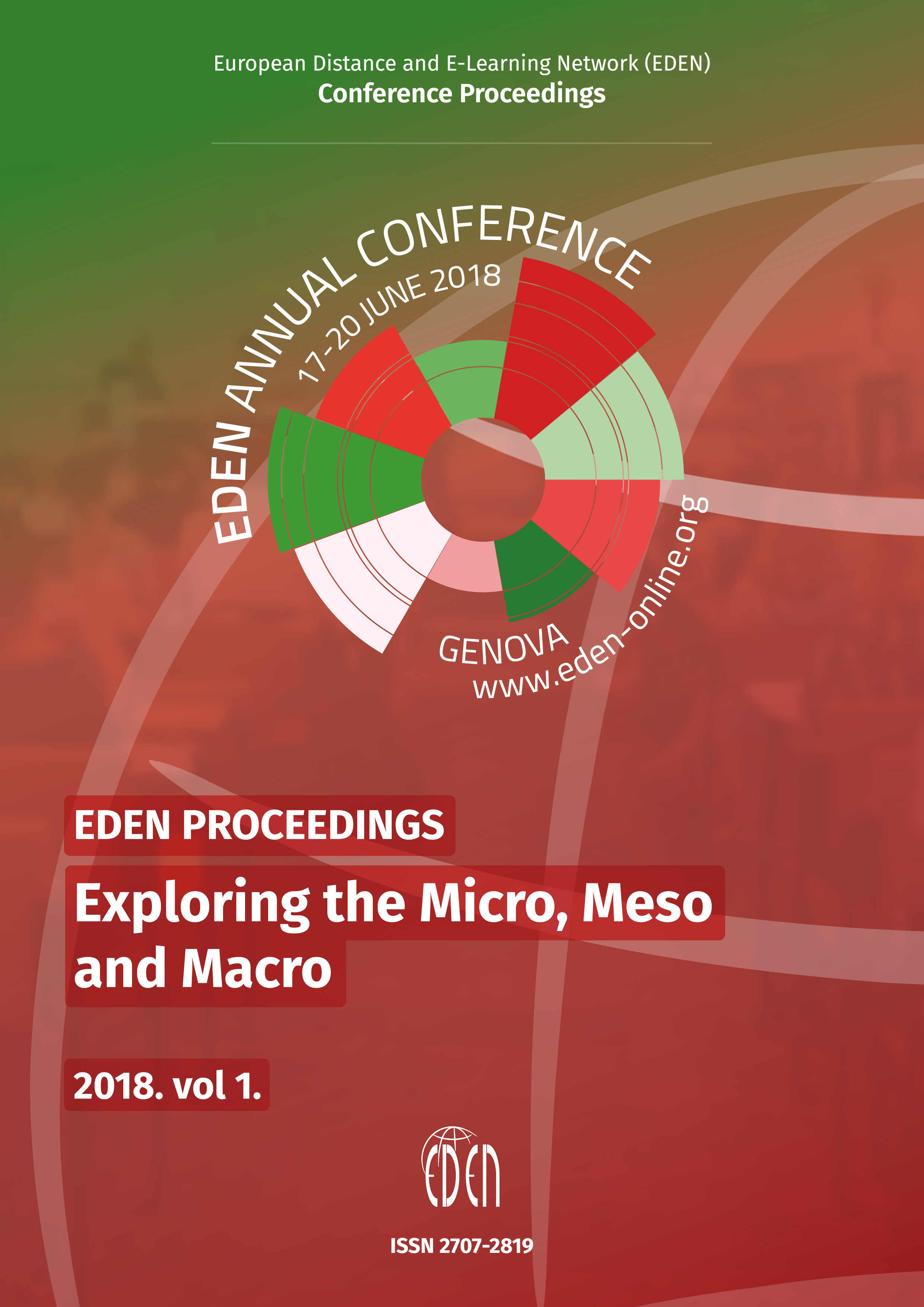Higher Creduation – Degree or Education? The Rise of Microcredentials and its Consequences for the University of the Future
Higher Creduation – Degree or Education? The Rise of Microcredentials and its Consequences for the University of the Future
Author(s): Ulf-Daniel EhlersSubject(s): Social Sciences, Education, Higher Education
Published by: European Distance and E-Learning Network
Keywords: Employability; Learning innovation; Lifelong learning; Work-based learning
Summary/Abstract: The predictive power of academic certifications for job success is eroding. It has never been outstanding but for a long time it was felt to be an important – at least hygienic – factor for job applications to have an academic or a good academic certificate. This starts to erode recently.More and more alternative credentials start to come into focus and develop value. Different pathways from the traditional higher education system emerge and become increasingly relevant for employers. These different pathways are often credentials earned in post-secondary education or professional training after initial academic graduation. Microcredentials are a fairly recent development that has grown in popularity in multiple discipline areas. They represent mastery of a limited set of skills or competencies rather than broader and interrelated sets of skills – like full bachelor degrees or alike – represented in current credentialing systems.Unlike these current and traditional credentialing conventions, usually summarized by a certificate or transcript with no connection to explicit evidence of the earner’s competencies, micro-credentials are directly linked to digital artefacts that explain the nature and criteria of the credential as well as evidence contributed by the earner.
Journal: European Distance and E-Learning Network (EDEN) Conference Proceedings
- Issue Year: 2018
- Issue No: 1
- Page Range: 456-465
- Page Count: 10
- Language: English

